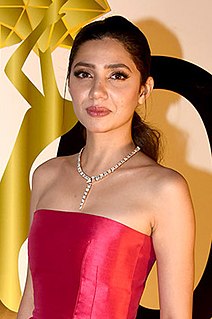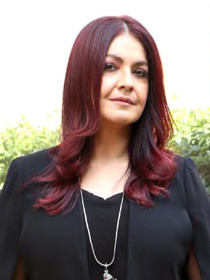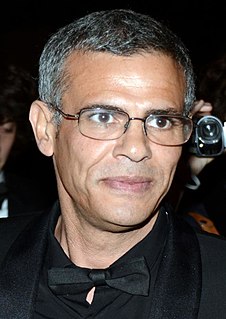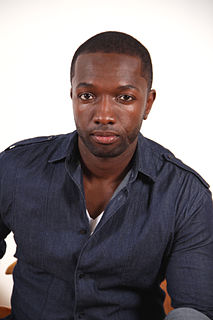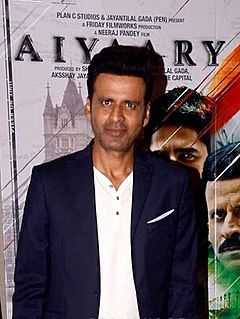A Quote by Anubhav Sinha
You choose the film, and then the film chooses everyone else; a film decides everything on its own.
Quote Topics
Related Quotes
I have seen this whole process of films releasing, becoming hits or flops, for too long now to expect things to do well. If I expect a film to do well, then it is for somebody else's sake, not for my own. I do my work, and if you feel that my work is improving from film to film, then I have done my part of the job.
Now I realize that I have to let everyone take what they have to take from the film. No matter what I think about the film, it becomes a little irrelevant. I think I would say that the film is trying to show us that - and I spoke about that earlier - we have to let the teachers invest in their own classroom. There's no use in trying to control everything. Education is fundamental.
This film [ Blue is the Warmest Color] actually is the result of me talking with my producer Vincent [Maraval]. I gave him a bunch of ideas and then Vincent helped guide me and develop this particular film. I enjoy that rapport to have somebody else help guide me in my choices for the next film. The poetic way of looking at it is which project is going to choose me as a director.
When you're making a film, you don't really have time to consider what the whole of your film is. And then, when you're releasing your film and promoting your film, you're looking at it in a different way. Then, as you move away from it, you start to look at it objectively and think, 'What could I have done better?'
I went to Oberlin College, and they don't have a film major, but they do have what's called an individual major, where you can sort of pitch to a committee your own course study, and if they approve it, you have essentially just designed your own major. So Oberlin doesn't have a film major; they do have a film minor... And then my spring semester of my junior year, I went off to NYU film school as a visiting student - they have a program for kids from other schools to come in for a semester.

